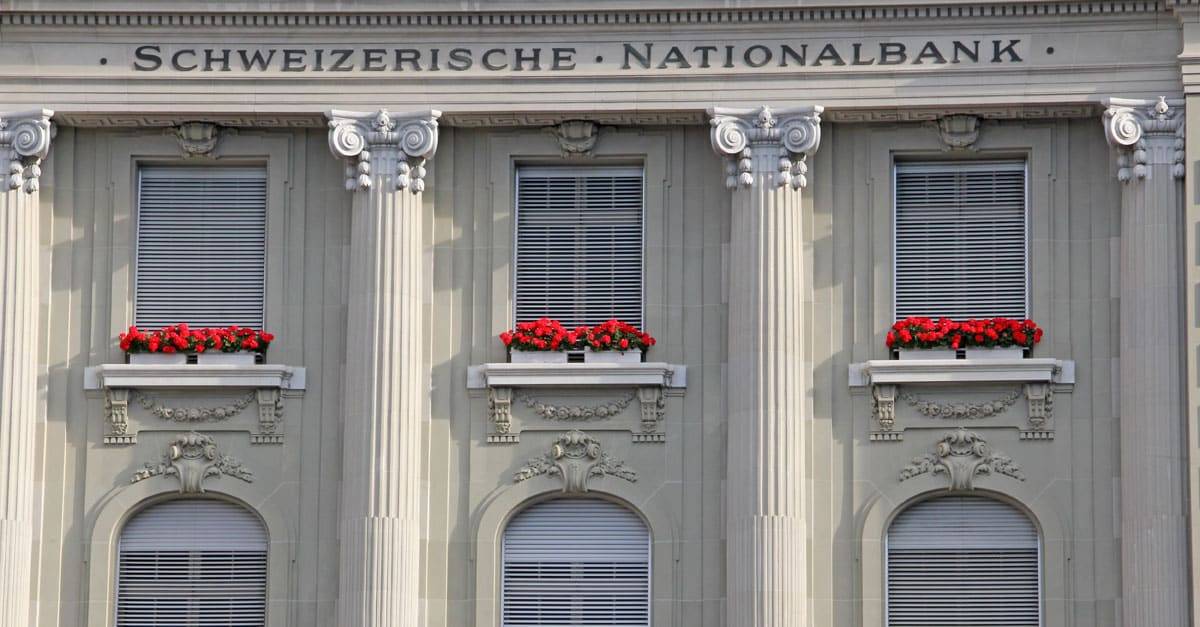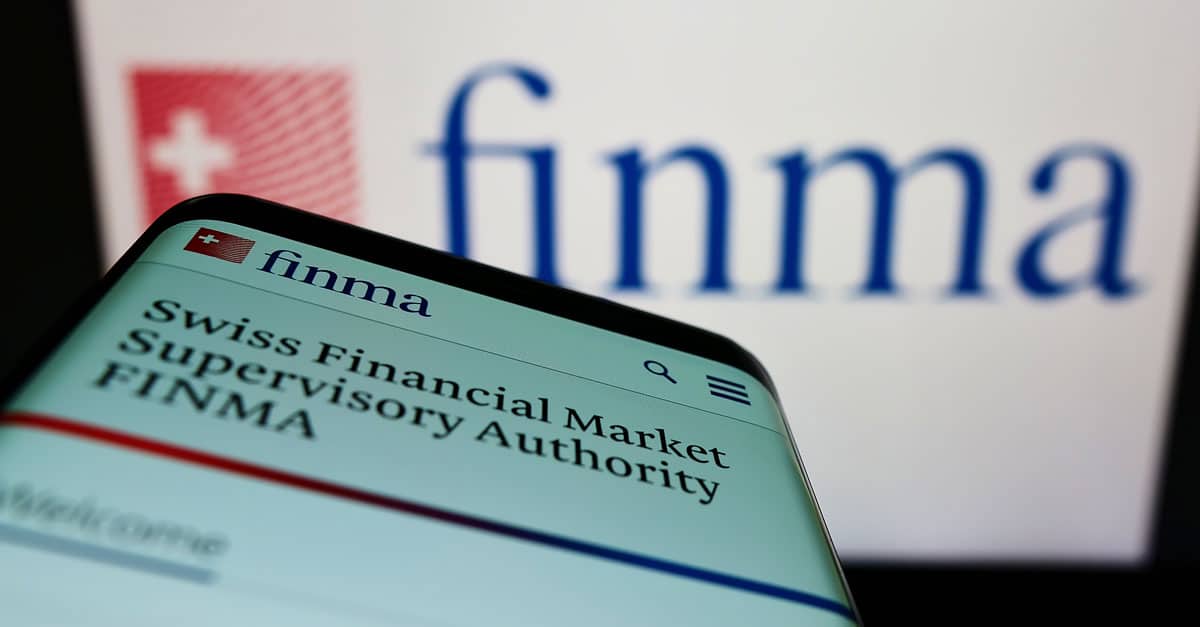The last major financial and economic crisis the world experienced began in 2007 and led to the collapse of several strategic US economy banks, such as Lehman Brothers, and formally ended in 2009, although its effects continued to be felt for several years. And just as in the Chinese crisis comes with ‘a crucial point, when something begins to change’, so too for the hard-hit US banking sector change has begun – the first neobank was founded.
BankSimple, which opens the door to radical change in the banking sector
It was founded in Brooklyn, New York by Joshua Reich and Shamir Karkal, who became its first CEO and CFO. In the beginning, it began offering Federal Deposit Insurance Corporation-backed deposits, which gained the attention of investors, and in 2011 it attracted its first substantial investment of $10 million. In January 2013, Simple already had 20,000 customers and operated transactions totaling over $200 million.
Just 6 months later, the start-up doubled its customer base and crossed the $1 billion transaction mark. However, a little later came the acquisition by one of the largest European banks at the time, Banco Bilbao Vizcaya Argentaria (BBVA), which acquired it for $117 million. This was the end of the company’s successful history, and it was gradually wiped out until its formal closure in 2021.
Despite its closure, Simple played an essential role in creating a whole new trend in the banking sector – digital banks or neobanks.
Elevate Your Wealth Game: Empowering UHNWIs for Simplified Asset Management. Altoo Platform Preview
Neobanks – new, dynamic, and different
If you have to explain what a neobank is to a 55-year-old customer with established consumer habits, you can do it this way: neobanks are a type of direct bank that operates exclusively using online banking without traditional physical branch networks that challenge traditional banks.
The truth is, however, that behind this definition there are much more complex processes shaping the so-called fintech sector (finance + technology). It is fundamentally changing the traditional financial sector, combining the advantages of technology and consumer preferences.
Fintech refers to the use of technology, software, and data-driven innovations to develop and deliver financial services, products, and solutions, aiming to make them more efficient, accessible, and user-friendly.
In simple terms, the fintech sector, and in particular the new digital financial institutions, has revolutionized and made the financial world more accessible to all people with a mobile device and access to the internet. Whether you want to make – to open a bank account, a quick money transfer in a second or two (and for free), buy Apple or Microsoft stock, invest in crypto assets, or set up a joint savings account with your partner – with the modern financial mobile apps it’s like child’s play.
Which are the biggest neobanks in Europe?
According to Statista, in 2022, the 10 largest digital banks attracted 78 million customers. This is a far cry from the hundreds of millions of customers of traditional banks, but it shows the importance of this innovative financial business. Here’s who are the champions in this sector on the Old Continent:

Revolut – 25.5 Million customers (United Kingdom)
Revolut is a British financial technology company that was founded in 2015 by Nik Storonsky and Vlad Yatsenko. It has rapidly grown to become one of the most well-known neobanks in the world. The company was established with the goal of providing a more accessible and efficient way for people to manage their money and make international transactions.
Revolut’s user base grew rapidly during 2017 and 2019, attracting millions of customers from around the world. The company’s focus on transparency, low fees, and the convenience of its mobile app contributed to its popularity. In 2018, Revolut received a European banking license, which allowed it to offer additional financial services, such as insured deposit accounts, overdrafts, and personal loans. This marked a significant milestone in its evolution from a fintech startup to a more comprehensive banking service provider.
Later the fintech company continued its global expansion efforts, launching its services in multiple countries and regions, including the United States and parts of Asia.
Wise (formerly TransferWise) – 16 Million customers (United Kingdom)
The company was founded by Taavet Hinrikus, the first employee of Skype, and Kristo Käärmann, an ex-PwC consultant. In early 2011, Wise officially launched its service to the public, allowing customers in the UK and later in other countries to send money internationally at more competitive exchange rates and with transparent, low fees.
Wise experienced rapid growth in the following years, attracting a large number of users who appreciated its transparent and cost-effective approach to currency exchange.
In February 2021, the company announced a significant rebranding, changing its name from TransferWise to Wise. This name change reflected the company’s broader mission to provide a range of financial services beyond just international money transfers.
In July 2021, Wise went public with a direct listing on the London Stock Exchange. This marked a significant milestone in the company’s history and signaled its continued growth and success.
N26 – 8 Million customers (Germany)
N26 was founded in Berlin by Valentin Stalf and Maximilian Tayenthal with the goal of creating a user-friendly, mobile-first banking experience. The company initially operated under the name “Number26” and began providing services in 2015. The company launched its first product, a modern mobile banking app and debit card, in early 2015. The app featured real-time transaction notifications, budgeting tools, and no foreign exchange fees, making it an attractive option for international travelers.
In 2019, N26 made its entry into the United States, marking its first expansion outside of Europe. The U.S. launch was seen as a significant step in the company’s global expansion strategy. In the same year, obtained a full banking license in 2019, allowing it to offer a wider range of financial products, including savings accounts and overdrafts.
Monzo – 7 Million customers (United Kingdom)
Monzo, originally known as “Mondo,” was founded in London with the goal of creating a modern and customer-friendly banking experience. It initially operated as a prepaid card and app-based banking service with a waitlist of eager customers.
In 2017, Monzo secured a full banking license, enabling it to provide a broader range of financial services, including overdrafts and savings accounts.
Lydia – 5.5 Million customers (France)
Lydia was founded by Antoine Porte and Cyril Chiche while they were still students at HEC Paris, a prestigious business school in France. The founders identified a need for a simple and convenient way for people to split bills and make mobile payments among friends.
In 2016, Lydia introduced a feature that allowed users to make payments in physical stores using their mobile phones, even if the merchant did not have NFC (Near Field Communication) technology. This innovation helped drive the adoption of mobile payments in France.
Lydia began its international expansion by launching its services in Portugal in 2021, marking the company’s first step into foreign markets.
Switzerland – the favourite place of traditional banks, but now also of non-banks
Some of the banks listed also operate in one of the most conservative banking markets in Europe – of Switzerland. Revolut, N26, and Wise are entering the local market in search of new customers, but without being able to offer a local bank account.
The country also has offerings from fintech players such as neon and Yapeal, which offer both the benefits of digital products and a bank account with a Swiss bank. For example, neon works with Hypothekarbank Lenzburg as a partner bank. This allows each user to obtain a Swiss IBAN – something the sector leaders will hardly ever be able to boast.






















